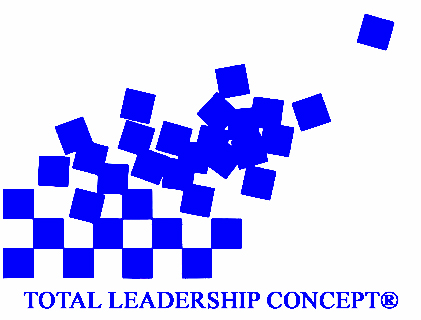
Abilities
Arousal
Attitude
Behavior
Beliefs
Competencies
Engagement
Environment
EI
Experience
Feelings
Intention
Motivation
Nature and genes
Organization
Performance
Performance Improvement
Performers
Process
Results
Skills
Social Pressure
Talent
Understanding
Values
Understanding is the ability to understand something; comprehension; the power of abstract thought; an individual's perception or judgement of a situation; sympathetic awareness or tolerance; an informal or unspoken agreement or arrangement.
One gains knowledge through context (experiences) and understanding. When one has context, one can weave the various relationships of the experiences. The greater the context, the greater the variety of experiences that one is able to pull from.
The greater one understands the subject matter, the more one is able to weave past experiences (context) into new knowledge by absorbing, doing, interacting, and reflecting.
Understanding is a continuum:
- Data comes about
through research, creation, gathering, and discovery.
- Information has context. Data is turned into information
by organizing it so that we can easily draw conclusions. Data is also
turned into information by "presenting" it, such as making
it visual or auditory.
- Knowledge has the complexity of experience, which come about
by seeing it from different perspectives. This is why training and education
is difficult - one cannot count on one person's knowledge transferring
to another. Knowledge is built from scratch by the learner through experience.
Information is static, but knowledge is dynamic as it lives within us.
- Wisdom is the ultimate level of understanding. As with knowledge,
wisdom operates within us. We can share our experiences that create
the building blocks for wisdom, however, it need to be communicated
with even more understanding of the personal contexts of our audience
than with knowledge sharing.
Often, the distinctions between data, information, knowledge, and wisdom continuum are not very discrete, thus the distinctions between each term often seem more like shades of gray, rather than sharp black and white.
Data and information deal with the past. They are based on the gathering of facts and adding context. Knowledge deals with the present. It becomes a part of us and enables to perform. However, when we gain wisdom, we start dealing with the future as we are now able to vision and design for what will be, rather than for what is or was.